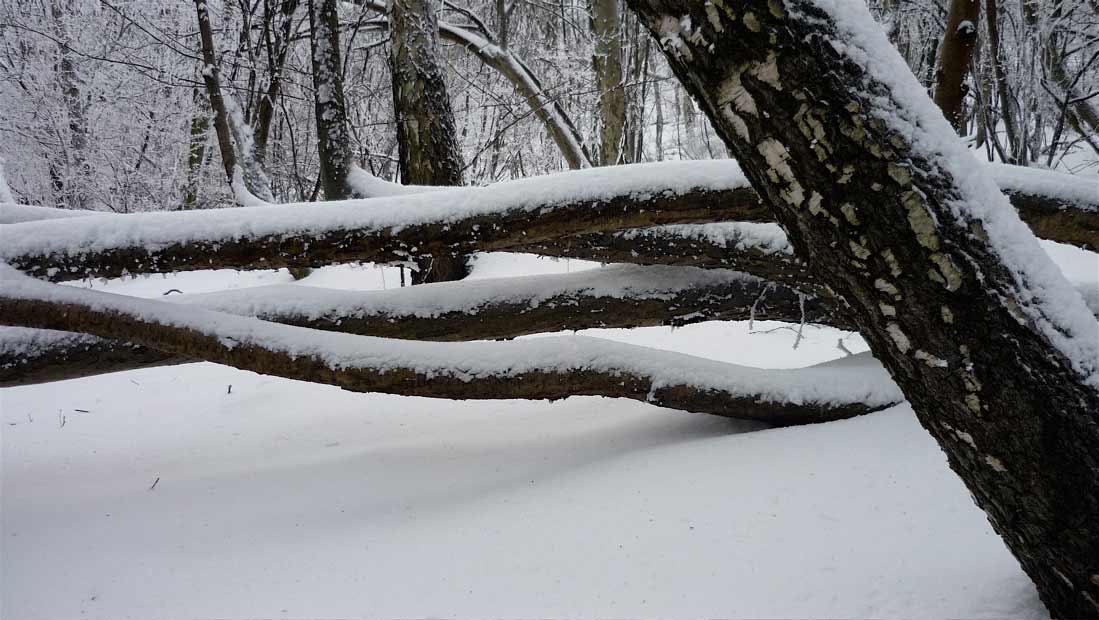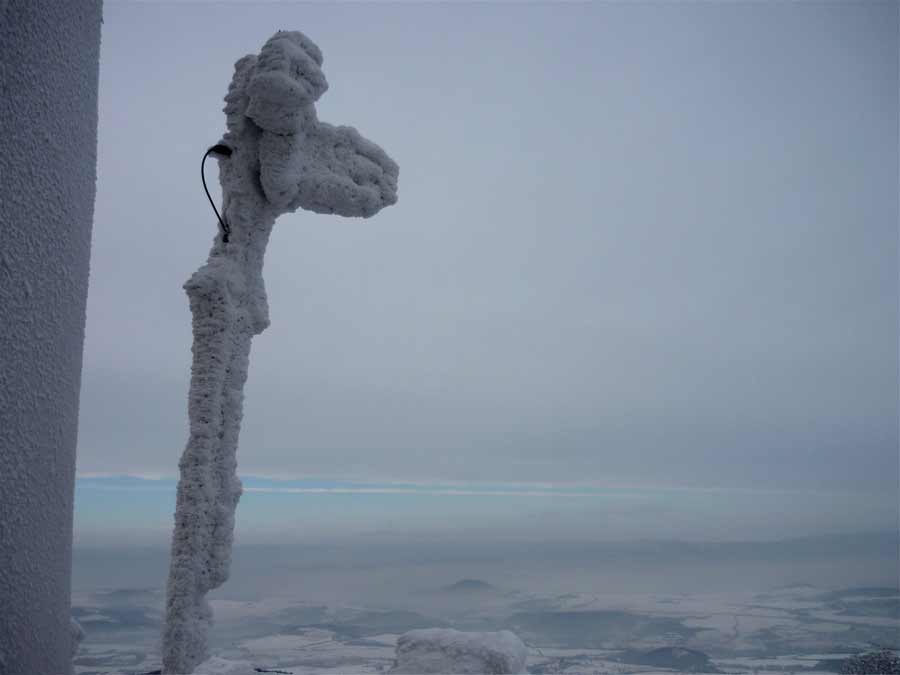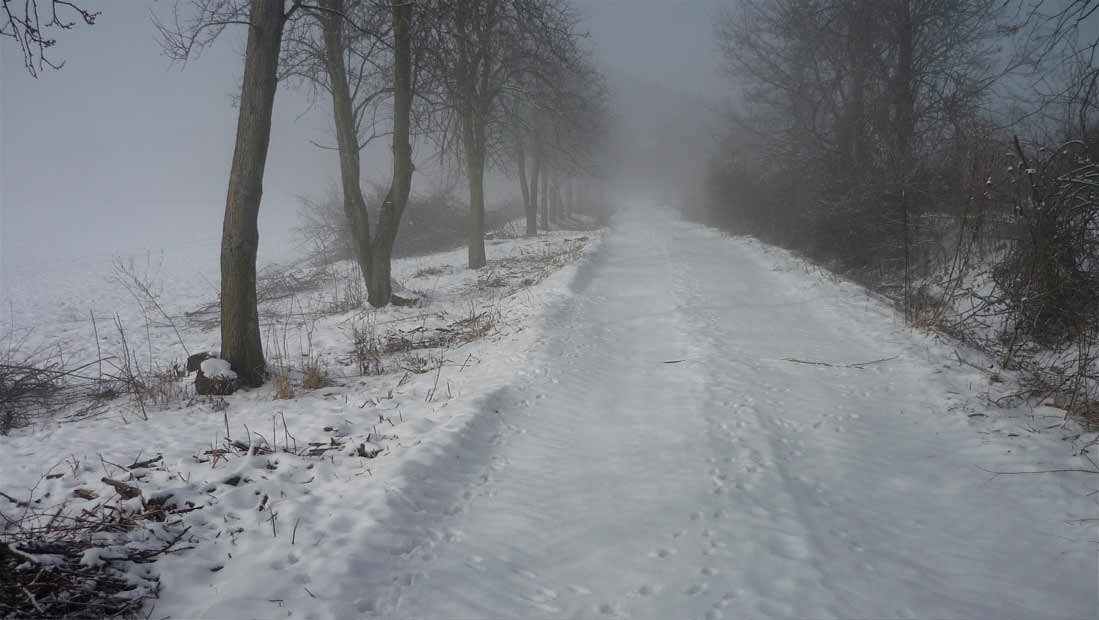:
pictures by Jan Stolba.
.
.
I think a lot about silence.
.
.
.
.
.
.
i used to equate silence with power because for most of my life, I felt powerless and was talkative. Silent people seemed mysteriously powerful to me, and I saw words and speech as lesser weapons for survival. They were all I had, however, so the only answer seemed to be to become very very deft at words. Still, silence trumped words every time.
:
i tended to take people’s silences personally. I started out wondering what the silent person was thinking. Then I worried they were mad. Then I worried they were mad at me. (Or upset. Or angry or insulted or unhappy… ) I equated silence with some form of negative response to me. (This is a weird spin on the ‘its all about me’ approach to life, if you think about it. Because rather than it being egocentric, it is actually an expression of paranoia. )
:
silence made me nervous and when I am nervous, I jabber. I lose my dexterity and cleverness with words. They spill and clash and clang and honk from me. They say nothing save that I am nervous.
.
.
.
.
.
.
i used to jabber a lot more than I do now, but being older and worn in some, I have learned a few things about myself and about silence. I no longer feel silent people are directing their silence at me like some sort of ray gun. Nor do I any longer feel silent people are all powerful. Sometimes a person is silent because they are at a loss for words, or crippled with shyness. Now, when someone’s silence provokes in me the old nervous knee jerk urge to jabber, I usher the instinct out as kindly but firmly as you would lead out a mad aunt who has escaped from her minder. I tell the mad aunt kindly that there is no real reason to think a person or people are thinking about me when they fall silent. And even if they are, why would they be mad at me? And finally, most importantly, if the silence IS a reaction to something I have said or done, (ie a sulk or a malevolent brood) then the person who is mad at me needs to articulate the problem. Because while I might wish I had Elspeth’s powers,( I do) I don’t.
.
.
.
.
.
.
i have learned to handle my paranoia. I tell myself that a silence when it occurs is almost certainly not all about me, and even if it is, it is not necessarily an indication that I have said or done something wrong. Finally, if someone is mad at me and I clearly don’t know what they are mad about, it is likely that I did not do whatever it was I did (or didn’t do) intentionally. So either they have to get over it, or they have to tell me what is wrong so I can deal with it.
.
.
.
.
.
.
that last step in my mental evolution was a doozy and it only just took place pretty recently.
:
my daughter (fourteen, beautiful and occasionally obnoxious) asked (with that immediate leap from zero to def con five in irritation level which daughters of a certain age seem to feel when their mothers utter a word ) why I always worry that people are upset or angry with me? I was shocked to hear her ask that because as soon as she said it I saw it was true. I was always thinking people were upset by me mostly on the slightest evidence: They hadn’t called, or emailed or texted or they did but seemed cool or distracted or there was this odd silence … well you get the picture. Writing it down I see it clearly for what it was- paranoia arising from a. insecurity and b.a profound unwillingness to hurt people and possibly c. writer’s over analysis of her surrounds). I saw at once what a burden I had created for myself and resolved in future to notice when I felt like this and instead of worrying endlessly about it, trying to figure out what I might have done, or jabbering, trying to fix what might might not even be a problem, I would make myself do nothing until I had clear evidence that they were mad at me. (ie- they would tell me or hit me or throw something) Immediately, I noticed a real difference in myself. Whenever that anxiety began to rise , often in response to silence, I would talk myself down pretty much using the steps I outlined above. This stopped me going into my old response to silence- the jabber jag- and miraculously, most times, a few minutes would pass and the silent person would do or say something that showed the silence was nothing to do with me at all; that mostly, whatever they were thinking about (or not thinking) they were not even mad or upset.
:
it was so freeing! It was such a relief!
.
.
.
.
.
.
i have to say I doubt I would have had this revelation had I not previously had a couple of other major ( and not painless) steps in my education about silence.
:
one education came with falling in love with a silent man. By that I mean a man who does not talk much. He is not silent because he has nothing to say or because he is at a loss or nervous. He is silent because he is thinking about what you said, or he is formulating his response. Or he has drifted off and is thinking about something else completely. He NEVER jabbers. And being pretty smart, what he says when he does talk is usually interesting and unusual, and well worth waiting for. He is almost never angry at me, and he likes me so evidently and decisively that it is impossible for me to take his silences as criticism. I know his silence is a character trait. It is a noun rather than a verb. Can you imagine the potency of this? For a woman who had always equated silence with power and secret knowledge, who talks too much and knows it, to be loved by a silent man?
.
.
.
.
.
.
that did not stop me being uneasy about his silences. However my anxiety was not for myself now, but for my silent man in the midst of native English speakers. Not, as you might imagine, because he is Czech and English is his second language, but because of how conversations happen in English as opposed to how they happen in Czech.
:
to be clear, my partner loves English and has studied it and read in it his whole life. He speaks impeccable, idiosyncratic, expressive English with a slight delicious accent that he is affronted to have mentioned, as if is it a flaw! He reads in English and I don’t mean detective novels. He read Malcom Lowry’s Under The Volcano in English. For pleasure in his own time. In short, he is far from deficient in English, but because he is Czech and quiet ( by this I mean not only that he says little but that he also has a quiet voice) English speakers always assumed in the beginning that his English was bad. So rather than wait agonisingly, they would helpfully and clumsily and anxiously finish his sentences for him, offer words, almost always the wrong ones . They would also not listen and assume they could guess what he wanted to say and talk over him to answer what they thought he must be saying. It was maddening for him and maddening for me to see him so stymied. I saw how clumsy and careless words could be, and how silence could be bullied into grumpy intransigence.
.
.
.
.
.
.
of course we English speakers do this all the time without thinking about it. We all talk at once and cut one another off and argue and interrupt ourselves. That is fine for us because we never feel bullied or cut off or oppressed by this. It is how we operate conversationally. We are swift and deft and quick. There are NEVER silences in English conversations unless something is wrong. It can be a little something – maybe as little as everyone just running out of steam for a second. Then someone will rush in to clean up the silence, and the conversation will flow vigorously on.
.
.
.
.
.
.
but in the Czech Republic, and in other European countries I have been in, natural silences occur in conversations, like oasis in the desert. And no one rushes to clean them up or fill them in. No one assumes they are an indication of a problem. When silences occur, and they do even in very pleasant, stimulating company engaged in good fluid conversation, everyone simply allows the silence to be for a moment, sometimes a long moment. There is no feeling of awkwardness. As you might guess, when I first encountered this sort of silence, I rushed in immediately to fill it – until it mortifyingly occurred to me that I was always the one talking into the silence. Exposing myself and feeling that people were regarding me with puzzlement or slight disapproval or irritation. So one day, in high dudgeon, I shut up and told myself the silence was not my fault and someone else could clean it up. Then, miraculously, as no one did, and I saw no one felt any need to do so or was threatened or troubled by it, my anxiety and resentment ebbed. Became wonder. I gazed out over this spreading pool of silence and saw its beauty. I saw that it was no ones fault. Silence is not a flaw. Silences in Czech were a natural soft hiatus in which people relaxed and thought about what had been said or what they might say next or about something else altogether. Then in a little while, someone would say something else and the conversation would flow.
.
.
.
.
.
.
ironically, after years of living in the Czech Republic, my ease with silences grew to the extent that I no longer felt the need to talk when I was in company. I did not feel I ceased to be if I was silent for a time. (In fact in Czech I was very often forced to be silent because I could not speak it well enough to enter a conversation or express a thought I had, but I still had those thoughts and it was enough that I had them and might later use them in a letter or conversation or in my writing) I no longer felt as if I was only the words I would say. I could be silences as well. I began to be able to sit back and let other people talk. I listened better and I found I could think thoughts without having to legitimise them by saying them aloud. Sometimes, I saw, people looked at me with unease.
:
you cannot imagine the power I felt when I grew my own silence.
.
.
.
.
.
.
other ponderings on silence:
:
once an acquaintance visited Prague and we were going to the theatre by tram. Unlike the noisy subways in the US or even the London Underground, where there are pools of East Ender raucousness amidst stiff upper lip silences, the silence on Czech public transport is ubiquitous and decisive. Even children and babies and dogs are quiet. It feels very tranquil to me. I love it. I love the soft conversations that you can’t hear if you are one seat away. I love the fact that I can lose myself in a book. I loath tourists who get on and do not seem to notice the velvety silence and talk and laugh loudly as if acting out their existence in front of a slightly deaf and annoyingly inattentive audience. I especially loath people with earphones, listening to music so loud that people all around can hear the tinny buzz of the bass or the doof doof of the techno or rave or house they are uploading into their brains. I like people who note the quiet and synchronize with the peace of it. I am always curious to see how people from abroad will react to the silence. My acquaintance said nothing for the duration of the trip and I imagined she was as entranced as I had been. ‘Did you notice how quiet it was?’ I marveled when we got off. I knew she had, of course, I simply wanted to voice my pride in it and hear how she would express her pleasure. ”Yes I noticed,’ she said, frowning. ‘Wasn’t it horrible?’
:
her reaction silenced me.
.
.
.
.
.
.
edith Sitwell said “My personal hobbies are reading, listening to music, and silence.”
:
think how strange and powerful it is when you are somewhere and suddenly become aware of the silence. A bus stop, or a street or a cinema or a pub, when there are no cars for a moment, and no people talking and no music. Think of how the house sounds when you get up in the middle of the night? The eeriness of the silence you enter into, the open mouth, held breath intensity of it.
.
.
.
.
.
.
i remember once walking along a marina boardwalk when I was speaking at the Whitsunday Writers’ Festival. It was mid morning and there was not a single soul visible among all those bobbing boats with their striving masts. It was not truly silent, of course. I could hear the slosh of waves and the woody thud of the boats against their mooring posts. I could hear the slightly arrhythmic tinging of small metal pieces on the rigging wind blown against the metal masts. It was these small sounds that shaped the silence and made it something other than nothing. It was a potent and beautiful absence of human voice and form. It left me breathless.
:
do you know there is an actual notation in a music score, for silence?
.
.
.
.
.
.
isn’t it exquisite and isn’t it strange to think that there should be a notation for silence? Imagine writing a poem or story, using that notation. Or putting it in a script… Yet there is a word for silence. A word for nothing.
:
the person who showed me this notation is a very tall, very thin man of many talents, spiritual and musical. He has written a score for an avant garde movie. It was his first film score, but not his last. He has also made music with Tibetan bowls for people to meditate with. He scores his music and sends it to a board whose task it is to keep a register of all original music so that any royalties can be collected and forwarded to the creator. He told me recently that the Czech board refused to accept one of his scores, claiming it was not music because there was ‘too much silence in it”. My friend said that he pointed out to the board the notation for silence in the score, but was told silence was acceptable, but not too much silence. How much silence too much was, is anyone’s guess.
:
Peter Gutman wrote this of the famous piece and its creator in his Classical Notes blog:
At Wesleyan University, some of the music department lauded Cage as a guiding genius while others disparaged him as a negligible buffoon. His performances were more “happenings” than concerts, and could range from seemingly random events to a lecture about his beloved wild mushrooms. He was always happy and gentle, alive with awestruck wonder of the world, and especially fascinated by its sounds.4’33” was Cage’s favorite work. Written in 1952, it came at the exact mid-point of his 80-year life of discovery and culminated his exploration of indeterminacy, music in which some elements are carefully scripted with others left to chance. The year before, he had written his Imaginary Landscape # 4 for 24 performers, each of whom adjusted the volume or tuning of one of a dozen radios; although the dial settings were exactly prescribed, the result depended upon the frequencies and formats of local stations. 4’33” was inspired by Cage’s visit to Harvard’s anechoic chamber, designed to eliminate all sound; but instead of promised silence Cage was amazed and delighted to hear the pulsing of his blood and the whistling of his nerves.
Although often described as a silent piece, 4’33” isn’t silent at all. While the performer makes as little sound as possible, Cage breaks traditional boundaries by shifting attention from the stage to the audience and even beyond the concert hall. You soon become aware of a huge amount of sound, ranging from the mundane to the profound, from the expected to the surprising, from the intimate to the cosmic –shifting in seats, riffling programs to see what in the world is going on, breathing, the air conditioning, a creaking door, passing traffic, an airplane, ringing in your ears, a recaptured memory. This is a deeply personal music, which each witness creates to his/her own reactions to life. Concerts and records standardize our responses, but no two people will ever hear 4’33” the same way. It’s the ultimate sing-along: the audience (and the world) becomes the performer.
Is this music? Sure it is – each sound has a distinct tone, duration, rhythm and timbre. Isn’t it arbitrary? But so are all artistic conventions. Couldn’t a 3-year old have written this piece? Perhaps. But did he? Did you?
.
.
.
.
.
beautifully said. And maybe that is the other point. While I have learned to love silence, I still love words. They were my first power and they remain the thing I can do best. I love how they allow me to draw life into myself and ponder and explore it.
.
.
.
.
.
.
and after words, (after life) silence.
.
.
.


















I loved your thoughts about silence, Isobelle. Although I have never been to a silent retreat I have been to courses where silence was asked for from the last meal in the evening until after breakfast the next morning. As we were all in shared accommodation, we still had to communicate with each other – using sign language, smiles, and always eye contact. It just couldn’t be done without, and one simply had to be fully present to take part in it. It was also a fantastic yard stick of our relationships, since silence only ever felt awkward when there was a hidden conflict that hadn’t properly been taken care of.
It is said that the yoga masters are silent in each other’s company to truly perceive the other’s inner being – what a lovely thought! No words, no show, no misunderstandings, just sympathetic awareness …
Thank you also for including Jan’s wonderful photos, especially the ones with the snow covered trees conveyed a whole symphony of sounds connected to walks through a winter landscape to me!
lovely thoughts about silence being revealing, Caroline x
Caroline I hope you will not mind if I repost those lovely comments you made on facebook about meditation.
I have come to realise I am sometimes a silent person – at least to some people. I only realised this after many years of living with my partner who is a talkative person. The silence is only external to me, perceived by others, like you say. Because inside my head, it isn’t silent at all, the thoughts are either teeming and tripping over each or just meandering, always there. Over time I realised I found it very hard to get some of these thoughts out at times, and usually can only find relief (if I need it) through writing, where I am still silent, although the words are spilling out. However the words are a poor substitute when they do get written down, because they do not have that immediate dashing feeling they made when I first thought them. I am not a good initial writer (see all these sentences as examples!) and must rewrite all my work several times before they should be given to others. Which is lucky for me since the written word can be extracted, removed, or changed without anyone else knowing it was there, whereas the spoken word, once spoken, is always there – I cannot extract it, unless I say more words to do so – although the question always then remains – if I spoke it but did not mean to, or it was wrong, why did I speak it? So I feel safer with my thoughts, and writing, which I can tweak if I feel the need (already done here at least twice). For some who know me but not well, this might appear to be a hypocritcial comment, since there are plenty of times I have shown I can talk and talk and talk (I am a loud talker, which can be mistaken for just a talker) – but i am just as comfortable with the not talking.
Now I realise I have just had a stream of more thinking from reading your blog, and have done it again. This blog really makes me think(!) every time i read it – thankyou! I espeically love the way the photos link with the paragraphs through your writing. Just wonderful!
Thank you for your lovely thoughtful response. I enjoyed reading it.
I found this to be a very moving treatise on the value of silence and the power of words (using your ability to write to praise silence- I see what you did there, Isobelle!)
What you say about equating silence with power is really interesting to me. As a child I was crippled by shyness and I lived so often in my own head I would zone out of conversations altogether staring out into some unknown imaginative space. For me, it was the talkative ones that had the power because they had a voice and were not afraid of it. Maybe because I was bullied a lot because my brother had a very noticeable disability, I saw words and speech as the ultimate survival weapon. If I could find my way to words everything would be alright.
I am no longer an intrinsically shy person. I still zone out, and sometimes mid conversation if I am deep in thought but now that I have discovered words I love to use them, to say them, to savour them. For some people having that voice is everything, it is the ultimate power- it allows them to challenge a deep and unfair silence by drawing attention to injustices and to inequality. It gives validation to experience.
Having a voice matters a lot to me but being an active listener and valuing silence is important too. Otherwise how on earth will we ever learn and grow and care about others? Speaking with other disability activists including people with a disability, I believe that the best way to support those I care about is to talk to each other, yes, but also to listen. There are too many people who think they know everything and talk, talk, talk without stopping to listen to the people who in the past have not been given voice or whose voices have been ignored.
But I digress so back to your blog post- There is so much beauty in natural silence. I love walking along a silent beach- just listening to the crashing waves and the wind. It is lovely to hear myself think without feeling that I have to fill in silences in a conversation.
Though these days I am technically a rather extroverted person, I go crazy if I don’t have time to be silent. All of that conversation starts to exhaust me. Maybe I should go back to Eastern Europe and this time not on a tour. It would be a challenge for me but I think I would learn something new.
Firstly, I can’t believe it has taken me this long to notice that comments exist here.
Secondly, I am definitely the silent type but interestingly I would consider myself to have had many of the same concerns as your self. I will sit in silence amongst others, worrying those same worries, anxiously trying to urge myself into opening my mouth to fix whatever concieved wrong I believed I had done. Then ultimately keeping my mouth closed because I’m sure I can’t fix anything because surely they do hate me. I never even noticed the effect I had on people–that they were worrying that I hated them; that I was uninterested.
A close friend had a partner that she was with for over five years. There were so many occasions in which we were pushed together, had chances to converse, and yet we didn’t. Not once in five years. I worried about it constantly because he was so very important to my friend. But we were both silent types. It was only after they sperated that I found out he had stressed over it nearly as much.
So, now I don’t worry too much when other’s are silent because we are just like-minded, lost in our own thoughts, speaking only when we have something poignant enough to say (or at least think is poignant enough anyway). Now I revel in it and wrap myself in it so thickly that the world can seem entirely silent to me even when it isn’t. I’ve had people have entire conversations with me, but have cacooned myself in so much silence that only their laughter at realising I’m not really there that can break though to me (it always laughter for some reason).
It’s a pleasant feeling, and yet sometimes the noise and bustle of the world can be just as enticing.
Hi Isobelle,
Lovely piece. Thank you for your lovely contributions to the literature and cyber-worlds. I was just thinking on your comment about feeling as though people are mad or upset with you if they are/there is silence. I’m told this is a ‘first-born’ related trait. As I am a firstborn, I can tell you it has taken a great deal of conscious effort to break down the habit of automatically feeling in some, irrational way, that I am responsible for the silence. I, too, have come to the conclusion that if I have upset someone, it was entirely inadvertent, arising from something I couldn’t have predicted, and they will just have to get over it in their own way, their own time.
I love your comments about first borns!
Your comment about being loved by a silent man – so beautiful.
I am not a silent person. Like you used to be, I talk, quickly and too much, cracking jokes that don’t work and striving always to fill the voids that ebb and flow around me. I do this because silence brings out the worst of my insecurities. I feel like I am drowning in other people’s intellects; if I don’t speak, I don’t deserve to be. So I speak and laugh, though I don’t always wish to; though much of the time I would be content to let the words break over head and tug my thoughts into new and exciting directions. I am happy in my head. Often far happier than in the company of others.
It’s getting easier to be silent as I grow older, though. Like you, I’m starting to understand that a person who listens and speaks only when there is truly something to be said is valued. There is a lot of comfort that can be garnered from a touch, the nod of a head or a sympathetic look; from a quick “I understand” or a heart-felt “I’m sorry”.When you are silent, you give others leave to be silent around you too and that’s a powerful thing. As I learn to be silent, others seem to learn that I am someone to be trusted and the less I talk, the more I’m approached; sought out as the one to whom concerns should be revealed. Silence is not perceived as a symptom of my ignorance. Far from it. I’m no wiser than I’ve ever been, and yet people seem to feel I am.
This is a good thing. Even a beautiful thing, because if I had a choice, silence would be it. It’s why I moved to the outskirts of suburbia. Why whenever I’m away from home, I dream of my acreage with the breeze murmuring through the grass and making the eucalypts sing; with the kookaburras gossiping and the cockatoos screeching and my silkie roosters learning how to crow. I love it out here. I love sitting in the midst of my veggie patch with no-one else around. I love the initial chatter of my chickens as they meander around me: “Any good worms in there? Any good places to lay?” And I love how, as I’m silent, they fall silent, too. Chickens understand – they talk only when it’s needed.
So here’s to silence – after life, but hopefully during as well.
your place sounds lovely, Marta